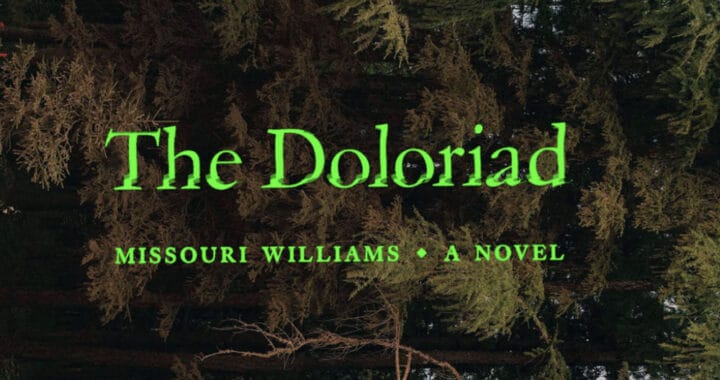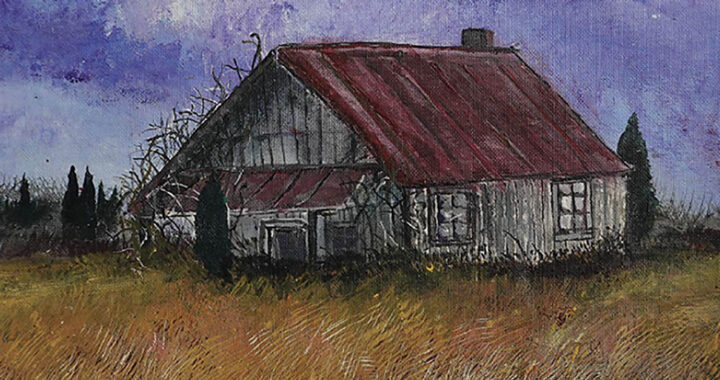
Julia Armfield’s ‘Our Wives Under the Sea’ Is a Brilliantly Submersive Tale
Julia Armfield’s Our Wives Under the Sea seamlessly blends mystery, gothic horror, dual narratives, looping time, and multiple genres into an enchanting whole.

Julia Armfield’s Our Wives Under the Sea seamlessly blends mystery, gothic horror, dual narratives, looping time, and multiple genres into an enchanting whole.

Missouri Williams’ ‘The Doloriad’ is a perverse tale of human remnants scratching out a bare survival like a lone pine twisting out of a stony cliff.

Andrew Lipstein’s Last Resort takes the business of publishing to the very edge of the writer’s limit.

‘Klara and the Sun’ is dappled with themes of personal identity and death, in one form or another.

What we experience in plowing through Mario Levrero’s ‘The Luminous Novel’ is cosmic-scale procrastination.

In William Gay’s posthumous ‘Fugitives of the Heart’, we find a dark coming-of-age tale of youthful lust tinged with comic relief.

J. Robert Lennon’s Subdivision is a very good novel presenting a very bad dream.

In award-winning Argentinian novelist Betina González’s ‘American Delirium’, the storylines tend to flirt with the uncertain borderline demarcating the merely zany from the farcical.

Sartori's Bug is a study in quirkiness, but it is founded upon a serious and complex substratum.

Tension is inescapable in Warren Read's story about a need to escape, One Simple Thing.

In Carl Neville's latest novel, Eminent Domain, he creates complexities and then shatters them into tiny narrative bits arrayed along a non-linear timeline.

If we venture out our front door we might inhale both a deadly virus and pinpoint flakes of ash. If we turn back in fear we may no longer have a door behind us.